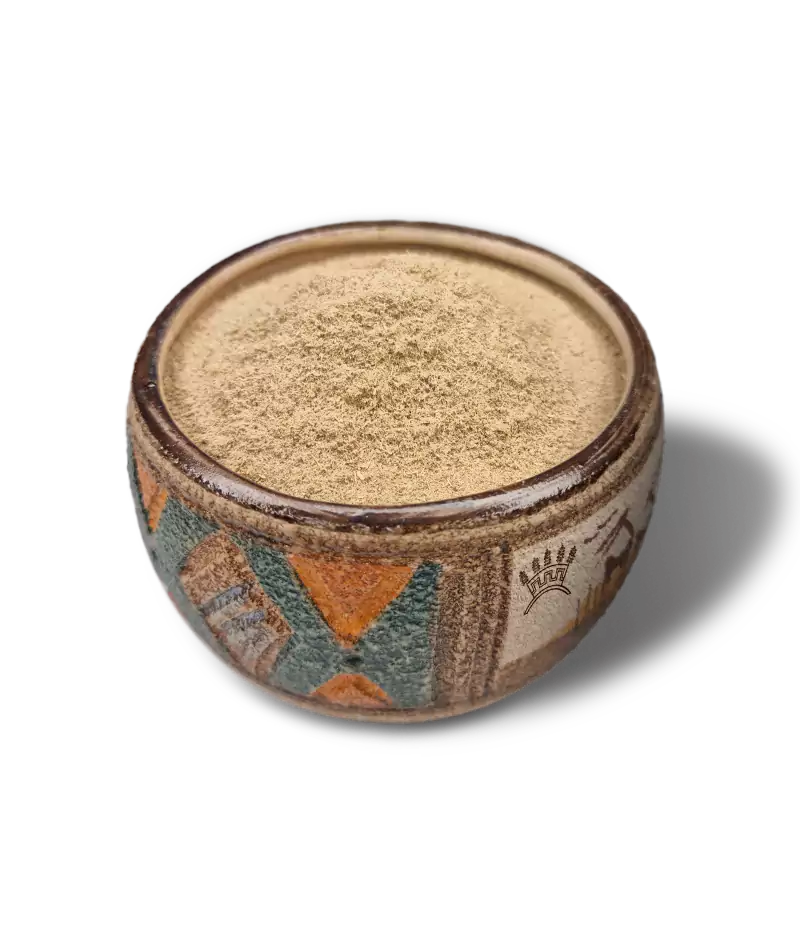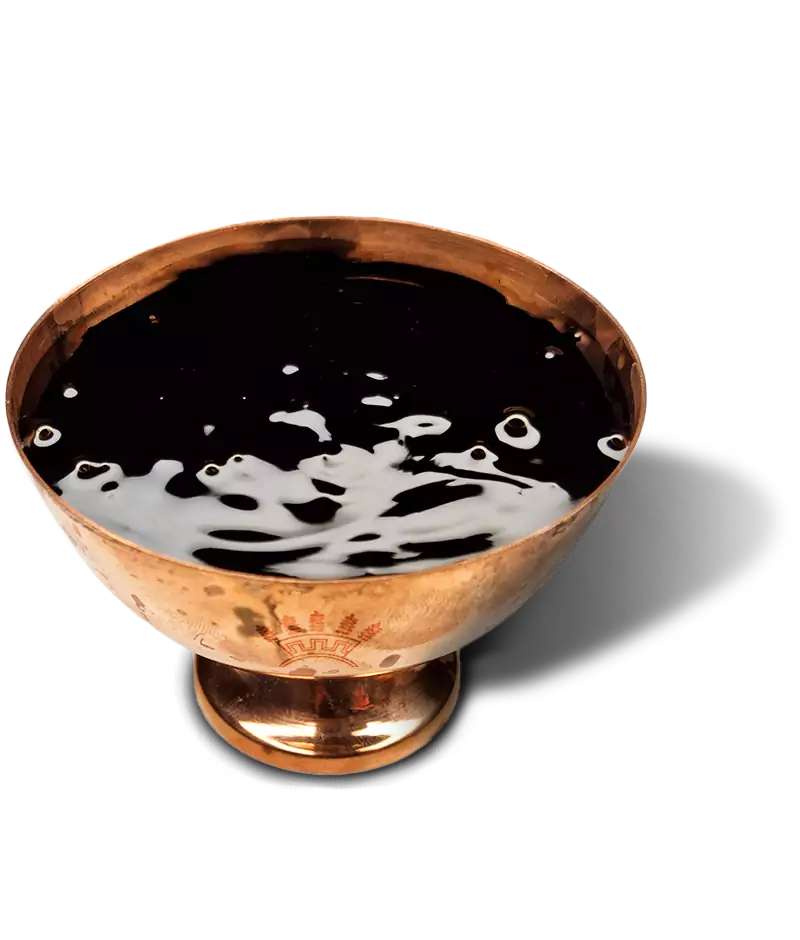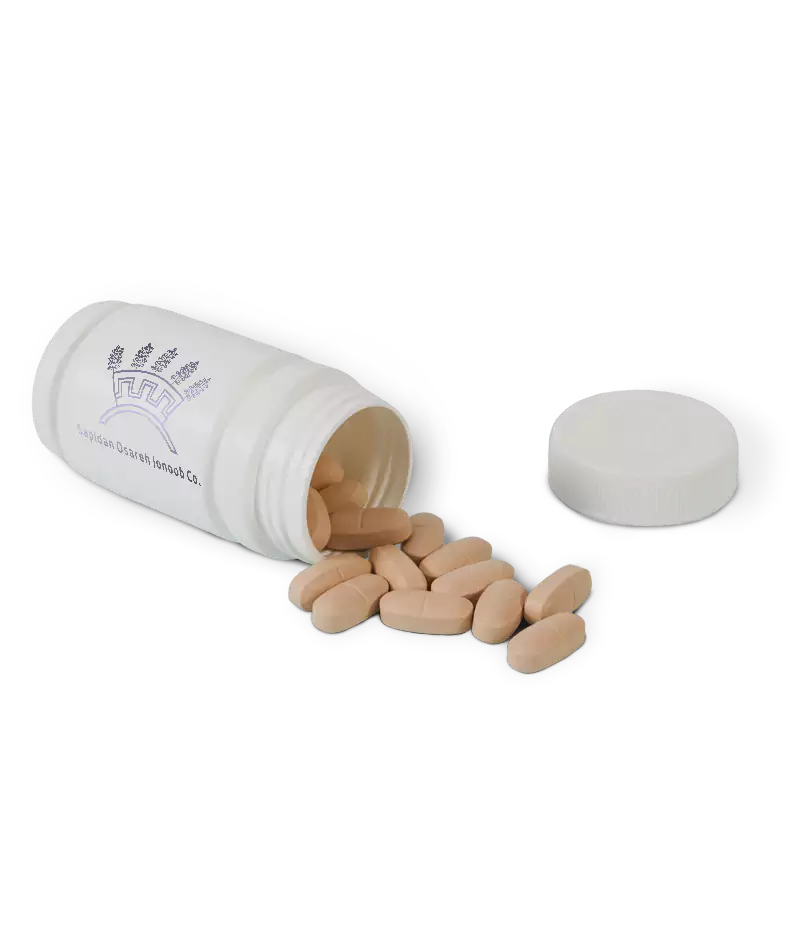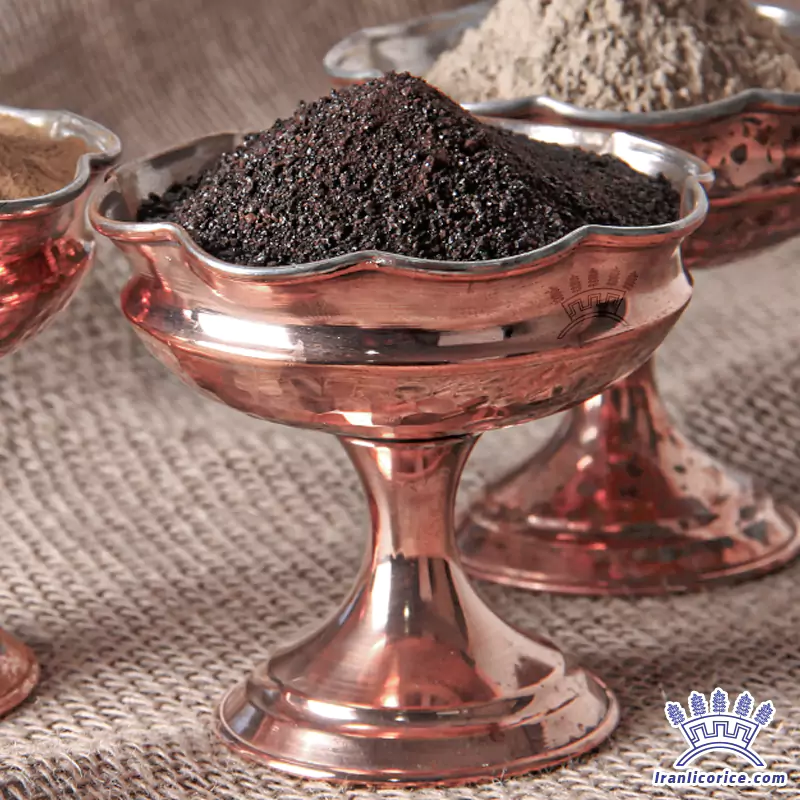Licorice Side Effects
Licorice side effects are because of excessive consumption which lead to weakness in muscles, high blood pressure and decrease in potassium level.
Background
Licorice grows in different regions but mostly in Africa, Middle East and Europe. Licorice has been long used in traditional medicine and cooking. Nowadays it is consumed in various industries like tobacco, cosmetics, confectionary, pharmaceutical, food and beverages and many others.
As an herbal remedy, it is useful for treating digestive, liver, lung, kidney, cough, bacterial and viral infections, sore throat, circulatory and respiratory diseases.
Licorice is found in diverse forms of medicine such as capsule and pills, syrup, lozenges and licorice gargles. It is also consumed in topical gels and cream to reduce topical pains.

Licorice Benefits
Based on Sepidan Osareh Jonoob Company’s surveys, Licorice in various forms may be used to treat some digestive problems. It can be useful in treatment of bacterial and viral infections. Peptic ulcers are painful sores in intestine and stomach. Acid reflux plays an important role in food digestion; but it can be annoying when it goes up the esophagus and causes pain and heartburn. Taking licorice controls acid reflux and prevents heartburn.
Moreover, licorice is useful for skin. It is really popular in skin care and cosmetic products. It may be found in cream, ointment, lotion, shampoo and other products. It removes skin redness and itching, dryness, swelling.
Licorice has some benefits for our oral and dental health. It prevents cavity and tooth decay by fighting against special bacteria.
Airway inflammation is a common problem in respiratory related diseases such as asthma. Licorice has some anti-inflammatory compounds that are helpful in treatment of these sicknesses.
Chinese research has shown that licorice root at least has two elements that have antiviral effects called: GL and GA. They weaken virus activities like virus gene and its replication. This plant also contains flavonoids that treat bacterial infections.
Licorice Side Effects
Licorice like many other herbs must be used in a recommended dose and we shouldn’t exceed that amount. It could have some side effects, although more surveys should be conducted to be certain about that. There is an element in licorice called glycyrrhizic acid. Sweetness in licorice is due to this component. Licorice antiviral and antibacterial, antioxidant, and anti-inflammatory features are because of this factor. It is believed that licorice side effects are mostly because of this component. Excessive consumption of licorice or using it for a long period of time may cause high blood pressure and decrease of potassium levels. So people suffering from hypertension, kidney and heart problems must really care about the licorice standard dose.
Licorice DGL (deglycyrrhizinated licorice) possibly has fewer side effects, because glycyrrhizic acid is reduced, though this subject is not proved.
Licorice overdose may lead to increase in glycyrrhizin levels in our body. This condition causes some health problems. It boosts the stress hormone, so some tensions and imbalances may be followed. Excessive licorice use makes us feel weakness in our muscles and result in fatigue. It possibly changes heart beat rhythms. Rarely licorice poisoning happens and result in disorders in kidneys. It may also cause headache

Licorice
Drugs Interactions
Licorice may interact with some drugs and medicines. Licorice may reduce drugs efficiency or increase their efficiency. Therefore, it possibly worsens their side effects.
People who take cholesterol lowering, blood pressure, nonsteroidal anti-inflammatory and estrogen-based contraceptives, anti-arrhythmia, antihypertensive, anticoagulants drugs and many other ones, should definitely consult their G.P about using licorice products.
Is licorice safe for pregnancy and breastfeeding?
During pregnancy and breastfeeding is necessary for women to consult their general practitioner about using licorice and its amount to see if licorice is safe. Otherwise it may lead to dangerous side effects like premature birth or health problems for babies. Some studies are being done to see if licorice is safe for children and whether it causes some negative neurological effects in children later in their life.

Licorice Dosage
As we know, licorice is used in different industries such as tobacco, food and beverages, medicines and many more. It has been very popular in cooking and confectionary products. It is also used in different forms of medicine.
Licorice Side Effects
On the other hand, licorice products don’t always indicate the amount of glycyrrhizin; so it is difficult to measure licorice amount.
Licorice Side Effects
Currently there is no standard dosage recommendation about using licorice. However, the World Health Organization (WHO) and European Scientific Committee of Food (SCF) both recommend limiting glycyrrhizin intake to no more than 100 mg per day.
Licorice Side Effects
In 2017, the FDA warned that adults over 40 years old who eat 2 ounces of natural black licorice per day for at least two weeks could end up in the hospital with cardiac arrhythmia and other serious symptoms.
Licorice Side Effects
It is sensible to keep consumption of licorice candy to a minimum. If you eat large amounts and start to feel your heart beating wildly or your muscles going weak, stop using it and call your G.P immediately. The amounts of licorice in products are different. Generally, consuming large amounts or using it over a long period, can cause health problems like increased blood pressure and decreased potassium levels. Consult with your healthcare provider before taking licorice, particularly if you have a condition like high blood pressure or heart or kidney diseases.
Generally, licorice is considered as a safe food ingredient by the Food and Drug Administration (FDA). Not only Consuming licorice for a short period isn’t dangerous, but also is widely assumed helpful and healthy.
Donec velit neque, auctor sit amet aliquam
Provided by: Sepidan Osareh Jonoob Co.
[xyz-ips snippet=”tag-page”]
Licorice Latest Articles And News
Black Licorice
Black Licorice black licorice is a confection which is colored and flavored by licorice root extract. Black licorice candies are available in various forms and sizes.BackgroundLicorice is a self-growing plant, mostly found in Europe, Africa and Asia including Iran. As...
Licorice Candy
Licorice Candy licorice candy is really popular among consumers. It has special taste which has its own fans around the world. It is presented in different shapes.BackgroundLicorice is a traditional herb which has been consumed in cooking and traditional medicine for...
The Effects of Licorice on Corona Disease
The Effects of Licorice on Corona Disease The effects of licorice on corona disease include its anti-viral activities, soothing cough and sore throat, reducing inflammation in airways etcThe Effects of Licorice on Corona DiseaseCorona is an infectious disease caused...





